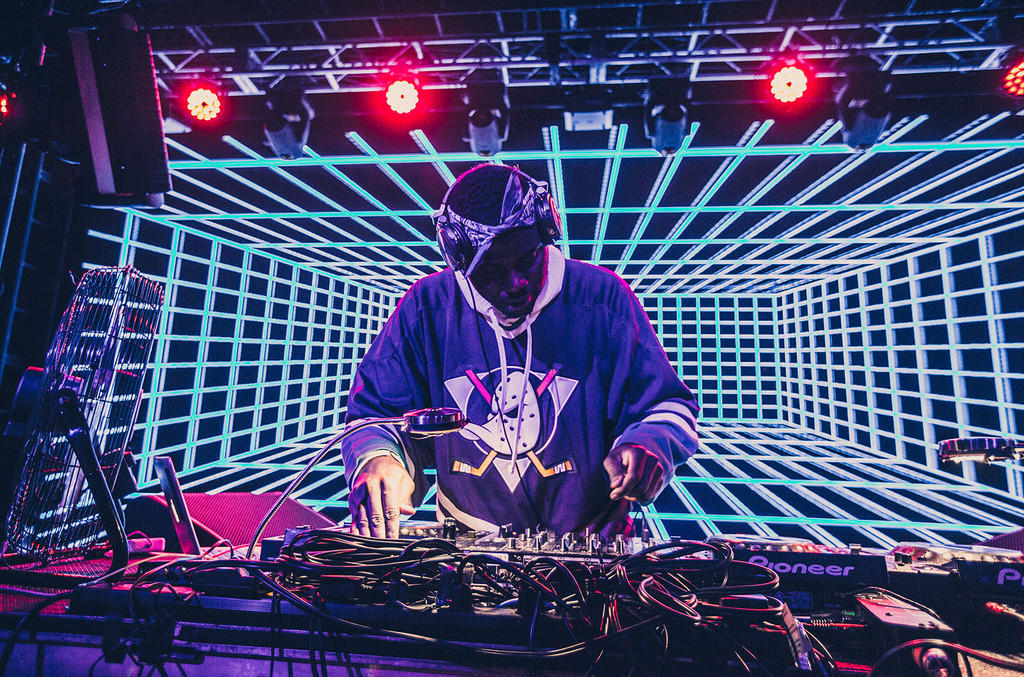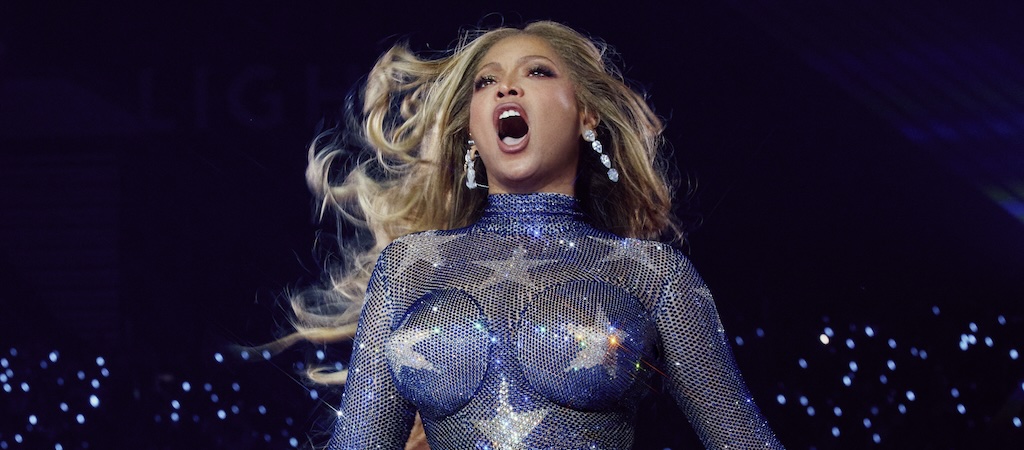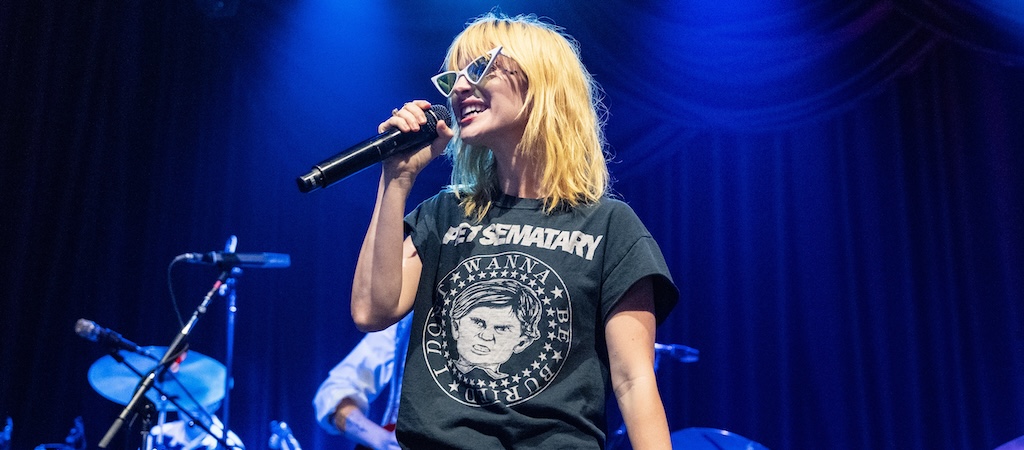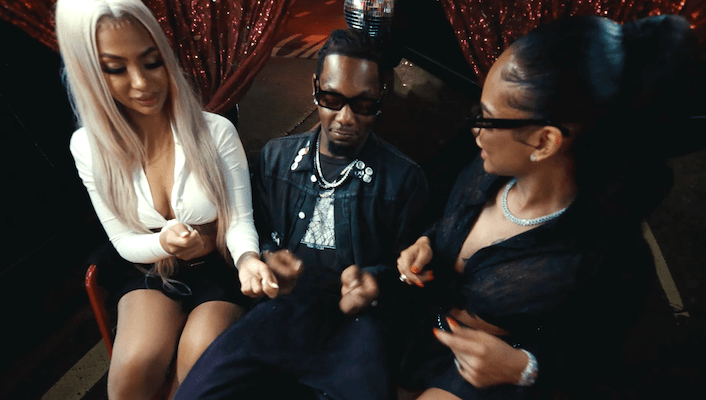On June 1, hundreds of people protesting the killing of George Floyd spilled out into Philadelphia’s Vine Street Expressway and, in a confrontation with the police, were hit with tear gas and rubber bullets. G-Buck, the Philadelphia-based electronic producer born Greg Washington, was there in the midst of it all.
“I’d never seen anything like it,” Washington tells Billboard Dance. “This is a moment in history that we’ll all tell our kids and grandkids that we took part in.”
The protest was one of several that the DJ/turntablist — whose pummeling bass music productions have been released on high-powered dance labels like OWSLA, Mad Decent/Jeffree’s and Dim Mak — has taken part in throughout the Philadelphia area, as the Black Lives Matter movement has become the focal point of the cultural conversation in the United States and beyond.
As part of Billboard’s “Why I Protest” series, Washington discusses why it’s crucial for him to take part in the protests and the effect this moment in history is having on the dance music community.
What protests have you taken part in?
I’ve gone to several in the Philadelphia area. One at City Hall and a bunch of other little ones here and there. There was a viral moment, when I was on the bridge so I saw it, when the police confronted the protestors on the expressway and started throwing tear gas. It was so surreal to see – you see stuff like that in like, movies from the ’60s. The thing that struck me the most is that usually in those older videos you only see black people, but this time every race is out there together. It was crazy to see.
When I came home, I was initially shocked and I didn’t know what to do or how to deal with the situation as an artist. That’s why I started going to smaller protests. The bigger protests are great, and obviously have their moments where they get a little crazy, but at the smaller ones you actually get to talk to people. I wanted to go to smaller ones that were less sexy to go to; everyone wants to go to the main protests in the city, but I wanted to go out and see people at the churches and stuff like that, just to get a different vibe of it. I was born in Philadelphia, but I live just outside of the city, so it’s easy to find smaller ones here and there and actually feel like you’re making a difference in that area.
Why is important to you to take part in the BLM movement?
This police brutality stuff has been going on forever. My dad was was police officer, so I see both sides of it. My dad retired and was like, “This is what goes on. It doesn’t matter who you are, you’re still a black man in America.” I just feel like I have to go out there now, and especially now seeing everyone else out there, to take a stand.
You’re in an interesting position, as a black artist and the son of a police officer.
I was born after my father retired. Before he passed away he always told me, “This is what cops are like.” He gave me the talk. In the city, you get picked on, but you get picked on more in the suburbs because you’re an unfamiliar face. You’re very susceptible to being pulled over and stuff like that.
What I feel like I should be doing is not trying to end policing — obviously police help people out and stuff like that — but I just want police brutality to stop. I’m tired of waking up and seeing these stories. Especially now, with three in the course of a month. It’s really frustrating to wake up every day and it’s like, “D–n man, another hashtag.”
Based on what you’ve seen and what you’ve participated in, does this moment feel different from other moments when racial inequality has been a major cultural conversation?
Yeah, I totally feel it’s different. I just hope that it’s not just a sexy thing. I feel like this [time] is different because the world’s literally on hold because of COVID, so it’s very easy to get out there and protest, which is amazing. I think that everything happens for a reason, and maybe COVID happening and then George Floyd… I think it was the right time for it.
But I just hope that once the world opens back up and people start touring, they keep that energy they have right now. It’s very inspiring to see everyone right now, I just don’t think George Floyd or Rayshard Brooks are going to be the end of it. We need to keep fighting together. It can’t just be a trending topic like #BlackoutTuesday. We have to make real changes.
What has the conversation been like within your community of producers?
It started with George Floyd — and obviously George Floyd has nothing to do with dance music, but I feel like it’s a snowball effect of, “Geez, we really have to start appreciating these black lives and these black entertainers.” That’s the conversation I’m having with peers, because it feels like everyone is more open right now. They actually want to hear from black artists.
What can white people within the dance industry do to be better allies?
Inclusion. Including black people, including gay people, including women. There are some artists with contract clauses that say they won’t play if there’s not enough inclusion. I think it makes for a better industry when you have diversity. If you start including other cultures, genders and different types of people, it makes for a better experience. I think white DJs and producers should try to include people who don’t look like them. Dance music is supposed to stand for diversity.



